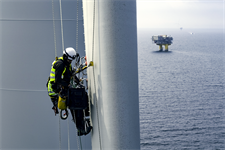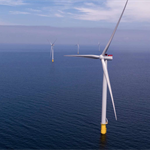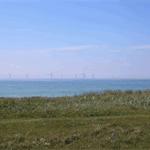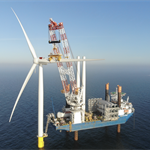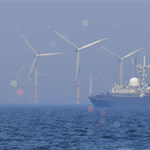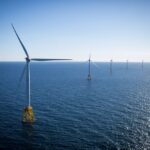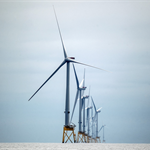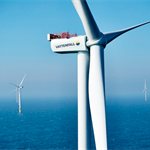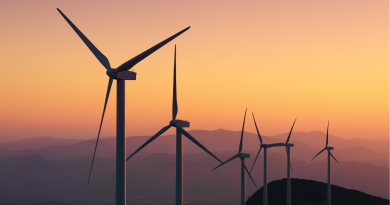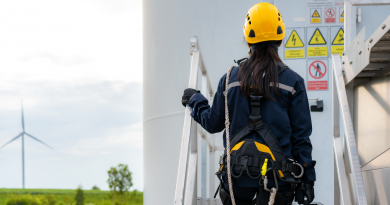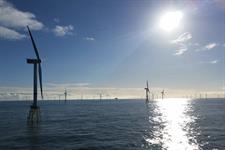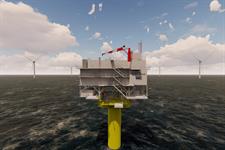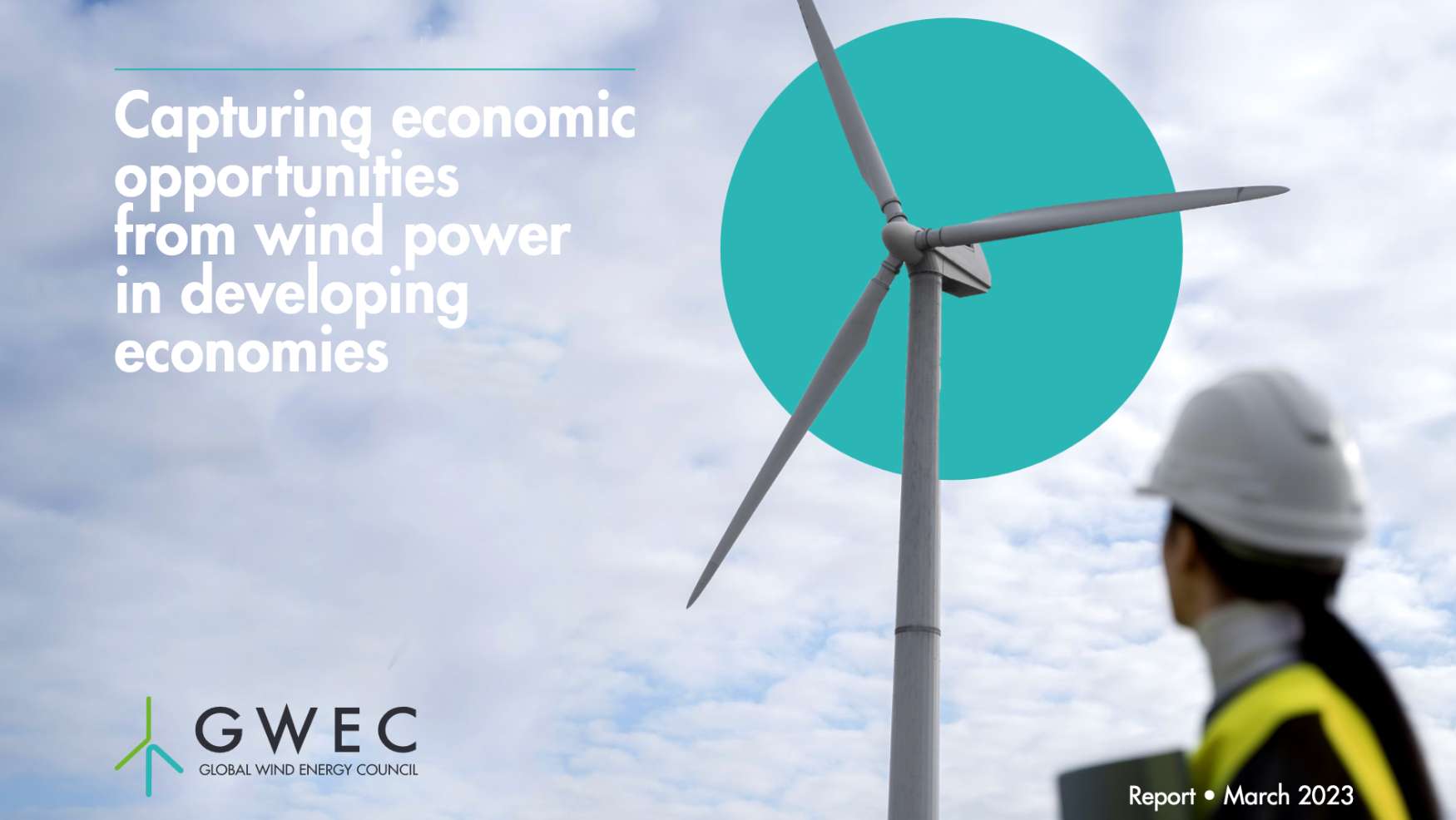Denmark closes ‘open door’ offshore wind scheme after failure to reconcile policy with EU rules
Energy Disrupter

The ‘open-door’ scheme was designed to give developers a route to Denmark’s offshore wind market without the need to compete in government-run tenders as is the case in other countries.
It gave developers the option to submit applications for offshore wind farms of their chosen capacity and in a specific area of their choosing – rather than in areas and of capacities specified by the national government.
The policy was suspended earlier this year over concerns about its compliance with state aid and competition rules in the EU, pending a review, in a move described as “absurd” by wind industry body WindEurope.
‘Not possible’ to reconcile policy
The country’s energy and climate minister Lars Aagaard confirmed the ministry had failed to reconcile the policy with EU regulations and was now seeking to “establish a new bidding zone which complies with EU rules”.
“We have tested all options for adjusting the open-door scheme so that it could contribute to securing more green electricity quickly and before 2030. Unfortunately, it has turned out not to be possible,” Aagaard said.
Denmark previously rejected dozens of projects applied for under the open door scheme earlier this year.
Remaining projects rejected
The ministry’s decision now means the remaining projects submitted under the scheme, which includes Ørsted and Copenhagen Infrastructure Partner (CIP)’s 1100MW Vikinge Banke , have now been rejected.
Denmark continues to target a 55% share of renewables in its entire energy mix by 2030.
The country currently has around 7.3GW of wind power capacity – of which 5GW is onshore – which generates around 50% of its electricity. The government recently announced its intention to free up onshore wind development in the country by making more land available in Danish municipalities and improving compensation for communities that agree to host new onshore wind and solar projects.
Denmark’s climate ministry said on Monday (18 December) that it was seeking the “establishment of a new bidding zone”, named DK3, that will enter into force in line with commissioning Bornholm Energy Island in the Danish North Sea, planned 2030.

